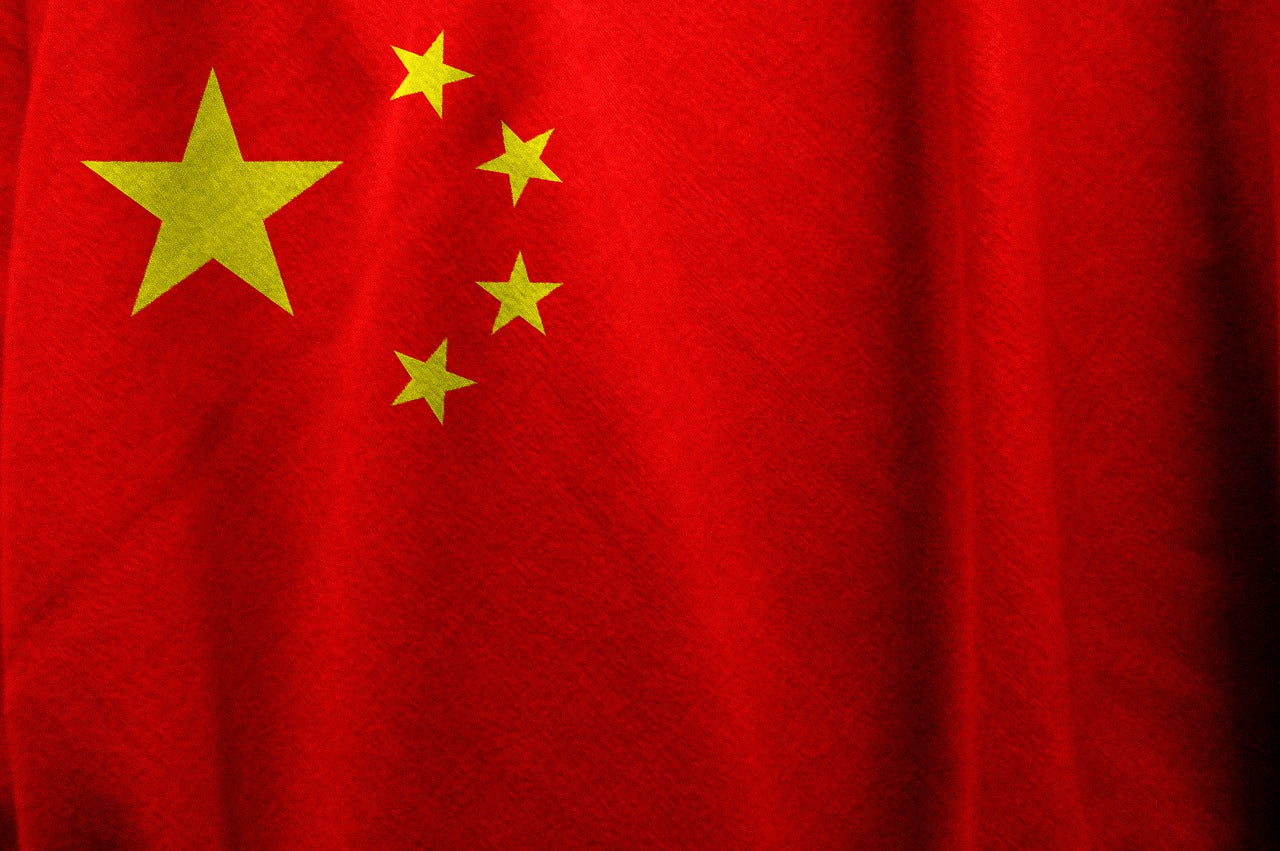
China Takes Tough Stand on Vaping
The demand for vaping products has reduced in China; a new study into these factors has recently been released. According to the Electronic Cigarette Industry Committee, the ban on online vaping products, US media scrutiny, and the coronavirus are factors that have contributed to the decline of the vaping industry in China.
The study was conducted to establish vaping trends in China prior to the implementation of the ban on selling online vaping products. Researchers studied two data from the China Chronic Disease and Nutrition Surveillance (CCDNS) surveys. These surveys were taken in 2015, May 2016, 2018, and also in 2019. These surveys were conducted in 31 provinces across mainland Chin and at 298 national disease surveillance points. The participants of these surveys were 18 years and older. About 189,306 adults participated in the 2015 survey. And about 184,475 adults in China were involved in the survey from 2018 to 2019.
The study also revealed that most people who vaped have already smoked cigarettes. And like in other parts of the world, many people who vaped were trying to quit smoking cigarettes. Between 2015 and 2019, the number of people trying to quit cigarettes by smoking increased, according to a study. Researchers also described the trend of vaping among people trying to quit smoking cigarettes as a positive trend.
“Among current smokers, the odds were increased with daily cigarette consumption, smoking more than 20 cigarettes per day. And an attempt to quit smoking (within the past 12 months) and before the past 12 months. In never smokers, the odds were increased in those aware of the hazards of smoking,” the study read.
Authorities in China instituted a ban on vaping in public spaces as a means of curbing teen vaping, a rising trend. The ban was supported by China’s National Health Bureau, the State Administration for Market Regulation, and the China Tobacco. Five other government agencies were also involved in the move to ban vaping.
China is not the only country that has sought to regulate the vaping industry. Most developed countries are worried about the potential negative effect of vaping, especially among teens. Chinese health officials say some of the most avid vaping enthusiasts are aged between 15 to 24 years. Vapers in this age group were most likely to buy vaping devices and products from online shops.
Chinese government officials also released a statement on the ban on online sales of vaping products. All websites, apps selling e-cigarette products online are prohibited from doing carrying out these activities.
Officials say vaping is unhealthy, although many consider it as a healthier option to smoking cigarettes. Chinese health officials also cited the recent EVALI outbreak in the United States as a reason for the ban. The outbreak occurred in February 2020, affecting more than 2000 people. About 68 people have reportedly died from the EVALI outbreak. The EVALI is an outbreak associated with e-cigarette or vaping, causing lung injury.
Products from several vaping brands were taken off the shelves in various states in the United States. Chinese authorities did the same, although many in the US blamed the imports of vaping products from China for the outbreak. Juul is one of the most popular brands to have its products removed from stores over the recent EVALI outbreak. The Juul brand has its products removed from Alibaba, and JD.com, two of the biggest e-commerce stores in China. There are reports that Juul had to withdraw from an e-cig fair held in Shanghai where the company has scheduled to participate.
The EVALI outbreak caused panic in the US, and there were calls for investigations into its cause. According to the US Centers for Disease Control (CDC), the EVALI outbreak is caused by the use of low-quality contaminated THC. A number of patients were tested in the study into the cause of EVALI.
The effect of the vaping Ban in China is expected to have an effect on the global vaping industry. According to reports, China is the producer of about ninety percent of the world’s e-cigarettes. And there are about 9,500 e-cigarettes companies in China. Shenzhen, a city located in southern China, bordering Hong Kong, is the headquarters of vaping products. Some of the biggest vaping brands in China are set to experience losses due to the ban. Some examples of these brands are RELX, Yooz, and FLOW. And brands like Sequoia China, Matrix Partners China, and IDG Capital are some venture capital companies investing millions of dollars in China’s vaping market. These firms are having to deal with the fallout of the vaping ban in China.
There are reports that out of a population of 1.4 billion people, about 300 million cigarette smokers and about 7.4 million vapers in China. In the US, about 10.8 million adults are considered vapers.
The study was conducted to establish vaping trends in China prior to the implementation of the ban on selling online vaping products. Researchers studied two data from the China Chronic Disease and Nutrition Surveillance (CCDNS) surveys. These surveys were taken in 2015, May 2016, 2018, and also in 2019. These surveys were conducted in 31 provinces across mainland Chin and at 298 national disease surveillance points. The participants of these surveys were 18 years and older. About 189,306 adults participated in the 2015 survey. And about 184,475 adults in China were involved in the survey from 2018 to 2019.
The study also revealed that most people who vaped have already smoked cigarettes. And like in other parts of the world, many people who vaped were trying to quit smoking cigarettes. Between 2015 and 2019, the number of people trying to quit cigarettes by smoking increased, according to a study. Researchers also described the trend of vaping among people trying to quit smoking cigarettes as a positive trend.
“Among current smokers, the odds were increased with daily cigarette consumption, smoking more than 20 cigarettes per day. And an attempt to quit smoking (within the past 12 months) and before the past 12 months. In never smokers, the odds were increased in those aware of the hazards of smoking,” the study read.
Authorities in China instituted a ban on vaping in public spaces as a means of curbing teen vaping, a rising trend. The ban was supported by China’s National Health Bureau, the State Administration for Market Regulation, and the China Tobacco. Five other government agencies were also involved in the move to ban vaping.
China is not the only country that has sought to regulate the vaping industry. Most developed countries are worried about the potential negative effect of vaping, especially among teens. Chinese health officials say some of the most avid vaping enthusiasts are aged between 15 to 24 years. Vapers in this age group were most likely to buy vaping devices and products from online shops.
Chinese government officials also released a statement on the ban on online sales of vaping products. All websites, apps selling e-cigarette products online are prohibited from doing carrying out these activities.
Officials say vaping is unhealthy, although many consider it as a healthier option to smoking cigarettes. Chinese health officials also cited the recent EVALI outbreak in the United States as a reason for the ban. The outbreak occurred in February 2020, affecting more than 2000 people. About 68 people have reportedly died from the EVALI outbreak. The EVALI is an outbreak associated with e-cigarette or vaping, causing lung injury.
Products from several vaping brands were taken off the shelves in various states in the United States. Chinese authorities did the same, although many in the US blamed the imports of vaping products from China for the outbreak. Juul is one of the most popular brands to have its products removed from stores over the recent EVALI outbreak. The Juul brand has its products removed from Alibaba, and JD.com, two of the biggest e-commerce stores in China. There are reports that Juul had to withdraw from an e-cig fair held in Shanghai where the company has scheduled to participate.
The EVALI outbreak caused panic in the US, and there were calls for investigations into its cause. According to the US Centers for Disease Control (CDC), the EVALI outbreak is caused by the use of low-quality contaminated THC. A number of patients were tested in the study into the cause of EVALI.
The effect of the vaping Ban in China is expected to have an effect on the global vaping industry. According to reports, China is the producer of about ninety percent of the world’s e-cigarettes. And there are about 9,500 e-cigarettes companies in China. Shenzhen, a city located in southern China, bordering Hong Kong, is the headquarters of vaping products. Some of the biggest vaping brands in China are set to experience losses due to the ban. Some examples of these brands are RELX, Yooz, and FLOW. And brands like Sequoia China, Matrix Partners China, and IDG Capital are some venture capital companies investing millions of dollars in China’s vaping market. These firms are having to deal with the fallout of the vaping ban in China.
There are reports that out of a population of 1.4 billion people, about 300 million cigarette smokers and about 7.4 million vapers in China. In the US, about 10.8 million adults are considered vapers.


Leave a comment